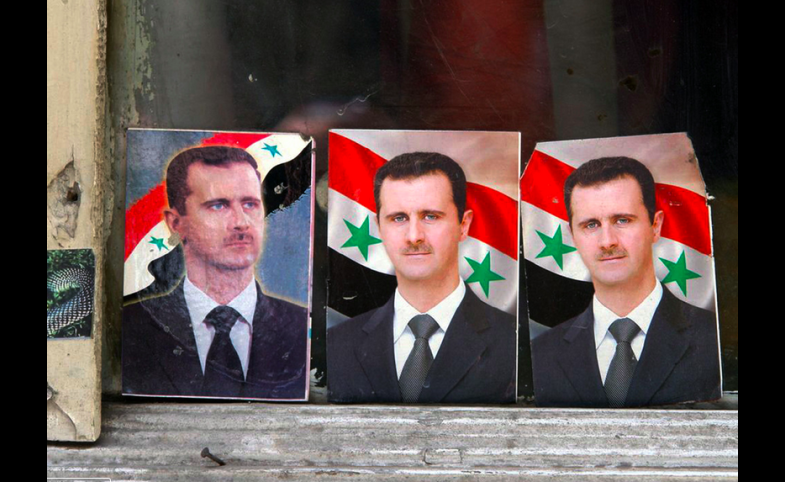Doing nothing when war crimes are committed is immoral. It is also bad policy. But a response to war crimes such as those perpetrated by the Syrian regime of Bashar al-Assad must be more than a display of righteousness;...
KEEP READINGThe CPD Blog is intended to stimulate dialog among scholars and practitioners from around the world in the public diplomacy sphere. The opinions represented here are the authors' own and do not necessarily reflect CPD's views. For blogger guidelines, click here.

The Case for Blowing Things Up
As a committed advocate for soft power and public diplomacy, I look for ways other than military force to address even the most pernicious international behavior. Usually, talking is better than fighting and wise use of political power can make unnecessary the reliance on “kinetic action,” as military thinkers refer to combat.
But there are times when a state’s actions are so outrageous and have so little chance of being altered by peaceful means that soft power measures should be set aside. On occasion, blowing things up is essential.
Such is the case with Syria today. Bashar Assad has calculated that he can, literally, get away with murder. Intelligence and military officials have little doubt that he is responsible for the use of chemical weapons on civilians, and yet the Syrian regime pays no price for this except the international opprobrium that bothers Assad not at all. If Assad can prolong his fight for survival – and perhaps even prevail to some degree – his use of chemical weapons is likely to continue and maybe expand.
In an interview with the Russian newspaper Izvestia, published on Monday, Assad warned that if the United States launched military action against him it would result in “failure just like all the previous wars they waged, starting with Vietnam and up to the present day.” For the United States to become fully involved in another Middle East war would be unwise and would not be supported by most Americans. But a clear distinction exists between going to war and using crisp punitive measures in response to presumed crimes against humanity.
Past failures to act remain as stains on the global conscience. To take just one example, Rwanda 1994: approximately 800,000 people were slaughtered while the world’s most powerful nations refrained from using the controlled lethal force that might have stopped the massacres. President Bill Clinton and others later apologized for their inaction, but that did not reduce the number of dead.
What will people say 20 years from now when they look back on today’s events in Syria? Will they apologize for doing nothing while chemical warfare was employed?
The United States and its NATO allies possess the precise military capability to cause significant damage to Assad’s war machine. Perhaps the source of the chemical weapons could be hit, and if that is not feasible due to the danger of releasing chemical agents into the atmosphere, airfields or other military facilities could be targeted.
The point of all this is to show Assad – and the rest of the world – that certain behavior, even in wartime, will not be tolerated. Some would argue that this kind of action is a mere gesture and that Assad will find other ways to kill Syrian civilians. Perhaps, but that is not a reason to do nothing at all.
Despite the allure of soft power as a way to deal with international disputes, there is no getting away from the sad reality that hard power is sometimes needed. Forceful action will speak to global publics as its own kind of public diplomacy. It is time to blow up at least part of Assad’s capability to slaughter innocents.
Visit CPD's Online Library
Explore CPD's vast online database featuring the latest books, articles, speeches and information on international organizations dedicated to public diplomacy.
POPULAR ARTICLES
-
January 29
-
January 20
-
December 17
-
January 28
-
January 2
Join the Conversation
Interested in contributing to the CPD Blog? We welcome your posts. Read our guidelines and find out how you can submit blogs and photo essays >.













